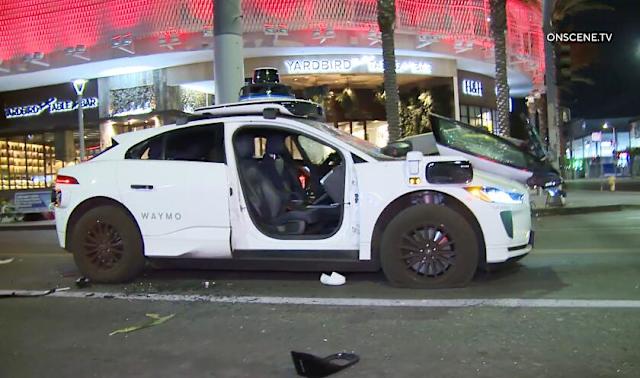
Waymo Robotaxi Vandalism: The Collision Between Autonomy and Public Trust
Autonomous Innovation Meets Urban Resistance
Waymo, the leading autonomous taxi operator in the United States, faces an increasing challenge — Waymo robotaxi vandalism. Over the past year, several self-driving vehicles have been damaged, with the latest incident occurring in Los Angeles.
At TechCrunch Disrupt 2025, co-CEO Tekedra Mawakana stated that vandalism targeting its fleet “is not okay.” She confirmed that Waymo is working closely with law enforcement to pursue offenders. “It doesn’t matter whose fleet it is,” she added. “It’s not acceptable, it’s not okay, and damaging property? We’re not standing for it.”
The incidents underline the broader social friction surrounding automation — where technological advancement intersects with local unease and mistrust.
The Social Undercurrent Behind Robotaxi Resistance
The surge in Waymo robotaxi vandalism comes amid heightened privacy and surveillance concerns. Recent protests during the current U.S. administration have drawn attention to how technology, particularly AI-enabled vehicles, may intersect with government surveillance efforts.
Some individuals, opposing these systems, have damaged or burned Waymo cars as acts of protest. These incidents reflect public frustration with how tech operates in shared spaces — revealing that community acceptance remains a critical factor for autonomous deployment.
Waymo’s Strategy: From Enforcement to Engagement
Addressing these tensions, Mawakana emphasized that Waymo is taking a two-pronged approach — working with law enforcement while deepening community engagement. One symbolic initiative involves commissioning local artists to design vehicle exteriors, helping integrate robotaxis into the urban landscape.
Mawakana also reiterated that Waymo rejects government footage requests when they are “overly broad and unlawful.” However, she noted the company continues to coordinate with first responders to prevent and respond to vandalism incidents. This balance of privacy advocacy and public safety collaboration remains central to Waymo’s operating philosophy.
Implications for the Future of Autonomous Mobility
The persistence of Waymo robotaxi vandalism underscores an essential truth: innovation alone cannot secure public trust. The next frontier in automation will depend not just on technological refinement but on societal acceptance.
Waymo’s experience signals a broader industry challenge — autonomous transportation must evolve alongside civic engagement, ethical governance, and respect for community values. Without these, even the most advanced vehicles may face resistance on the streets they aim to serve.
Can the autonomous mobility sector rebuild public confidence before skepticism becomes the biggest obstacle to progress?
Explore Business Solutions from Uttkrist and our Partners’, Pipedrive CRM 2X the usual trial with no CC and no commitments and more uttkrist.com/explore



